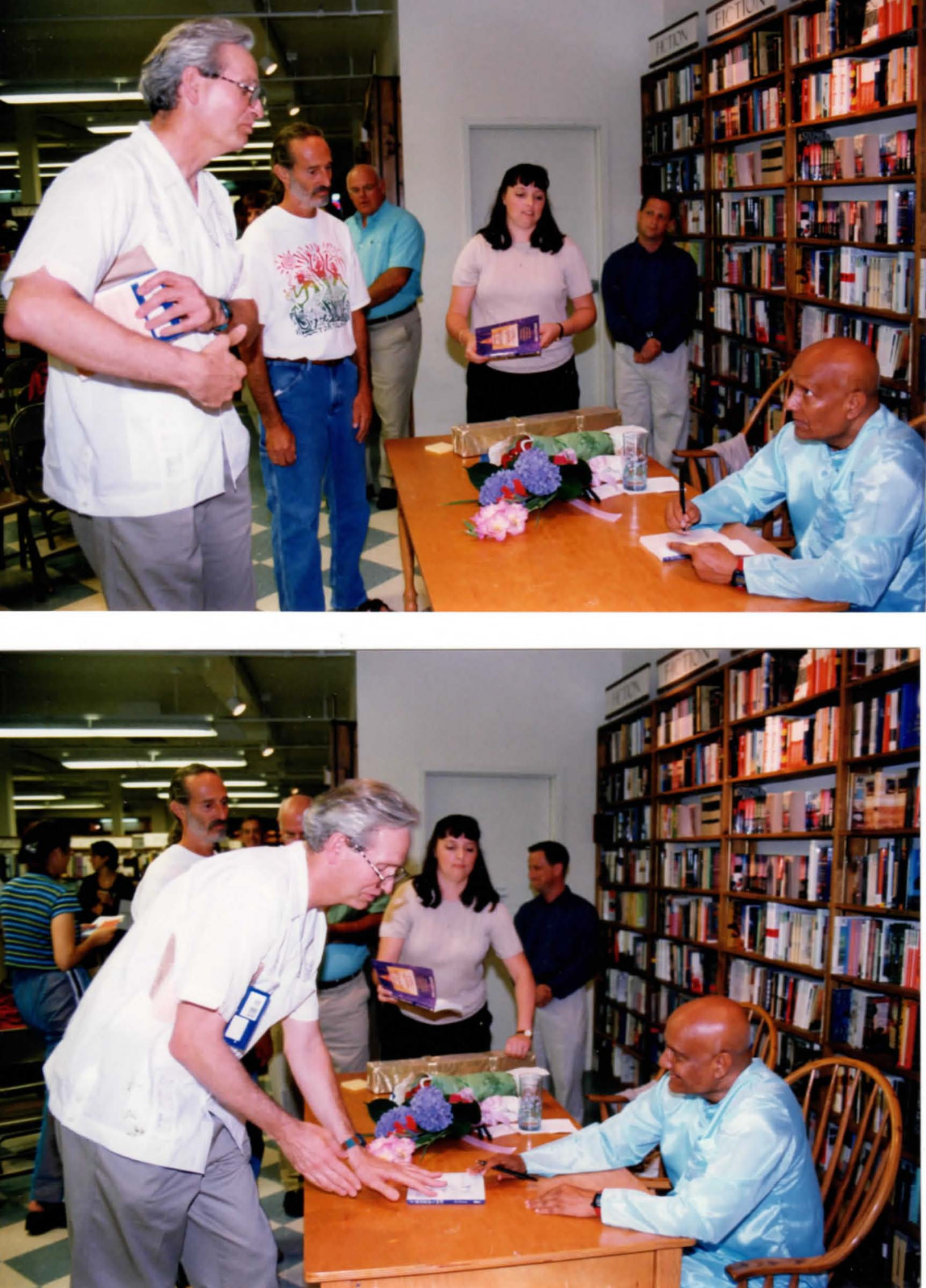
Then in 1980, standing in a busy street in South Australia, I saw for the first time a face that would become dear to my life and a guiding beacon in my journey. Yes, the longing to see everything clearly as it is, without ego, mind, thought or the colouring book crayons of a consciousness unillumined yet by spirit and true understanding. Elliot's sombre words would echo in refrain: "We shall not cease from exploration and the end of all our exploring will be to arrive where we started and know the place for the first time." In my own wanderings – that long fruitless detour across the parched deserts of worldliness that would lead to this understanding – I would often hear, whispering in my mind, the words of the Greek poet Cavafy, "No ship exists to take you from yourself." and T.

And discovering as we all sooner or later do that there is absolutely nothing out there, no place, no person, no possession, that can make us lastingly happy. So began a long 13 year odyssey, the journey of discovery that we all make in one form or another as we colour in the storybooks of our lives. And years later we children would come together again, silent and weeping before the solemn and sad mystery of their deaths. There they were, weeping inconsolably at the departure of their last child, holding each other helplessly by the arms. The bus that would take me out of my parents' lives finally pulled out of the station, and I was peering out of the window, the first sorrows of adulthood filling my eyes. I was last to leave our happy childhood home. Later I came to see how much of a metaphor this pastime was – how much the distinct, theme qualities of our nature would colour in and determine the flavours and experiences of our lives. And our picture books – with pursed lips, brows furrowed with a child’s concentration, how devotedly we would colour in the black and white sketches with our crayons and pens. Scrabble was a huge loss to me – I excelled at concealing essential letters in my clothing, at outrageous inventions with the English language and endless intrigue. In this new world, evening scrabble, cards and colouring books were replaced with television and the old bicycle eventually surrendered to a gleaming Ford Prefect motorcar. Years later though, he would remind us with great pride that we had been the last house in our suburb to get TV.


Our home became a fortress sand-castle, defiant against the rising tide of technology – eventually the ramparts crumbled and my father capitulated to the incoming tides of change. My father liked the simple ways and always walked or bicycled to work, shunning the enchantments promised by an emerging new age of television and motorcars. In the 60s my three sisters and I were children growing up in a small New Zealand town by the sea.


 0 kommentar(er)
0 kommentar(er)
